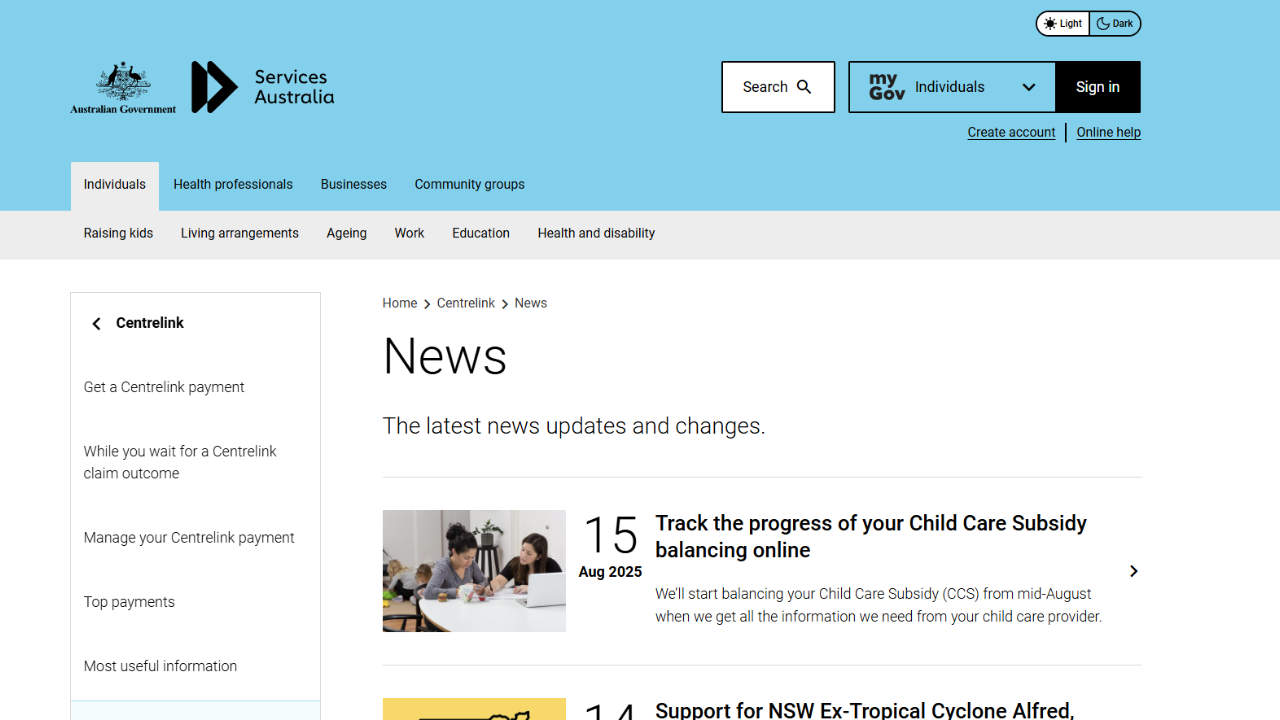The start of the new financial year brings substantial regulatory and financial adjustments that will directly affect Australian businesses across all sectors. These modifications to taxation, wages, superannuation, and welfare systems require immediate attention and strategic planning from employers nationwide.
New Wage Landscape
The Fair Work Commission has announced a 3.75% increase to the national minimum wage, raising it to $915.90 per week or $24.10 per hour. This adjustment flows through to modern award minimum wages, creating immediate payroll implications for businesses employing award-covered workers.
For businesses operating on tight margins, these wage adjustments necessitate careful financial forecasting. The cumulative effect across a workforce can substantially alter operational budgets, particularly in labor-intensive industries.
Superannuation Guarantee Obligations
The Superannuation Guarantee (SG) rate remains at 11% for the 2024-25 financial year, with the scheduled increase to 11.5% deferred until July 1, 2025. However, employers must prepare for enhanced compliance measures introduced by the ATO, including more stringent reporting requirements through Single Touch Payroll.
Superannuation Guarantee Rate Elevation
The Superannuation Guarantee (SG) rate rises from 11% to 11.5% on July 1, 2024. This half-percentage point increase affects every employer’s bottom line, adding approximately $4.5 billion annually to business costs nationwide. For a full-time employee earning $70,000, this translates to an additional $350 in annual superannuation contributions per worker.
Businesses must update their payroll systems immediately to reflect the new rate. Failure to meet the increased contributions by quarterly deadlines results in the Superannuation Guarantee Charge, which includes interest and penalties that cannot be claimed as tax deductions.
| Category | Previous Rate | New Rate (July 1) | Business Impact |
|---|---|---|---|
| Minimum Wage | $23.23/hour | $24.10/hour | 3.75% increase in base labor costs |
| Superannuation Guarantee | 11% | 11.5% | 0.5% increase in employment costs |
| Instant Asset Write-off | Temporary increased threshold | $20,000 | Reduced capital expenditure incentives |
| Medicare Levy Threshold | $24,276 (singles) | $24,992 (singles) | Adjusted PAYG calculations required |
Taxation and Compliance Updates
The Australian Taxation Office implements several changes affecting businesses from July 1. Tax bracket adjustments provide modest relief for individual taxpayers, potentially improving consumer spending power. However, businesses must update PAYG withholding tables to ensure accurate tax collection from employee wages.
Small businesses with aggregated turnover below $10 million benefit from extended instant asset write-off provisions, though the threshold returns to $20,000 from the temporary elevated levels. Company tax rates remain at 25% for base rate entities, while larger corporations continue at 30%.
Medicare and Social Security Considerations
Medicare levy thresholds increase in line with CPI adjustments, affecting salary packaging arrangements and fringe benefits calculations. The low-income threshold rises to $24,992 for singles and $42,236 for families, plus $3,868 for each dependent child.
Centrelink payment increases may influence workforce participation rates, particularly in casual and part-time employment sectors. Businesses should anticipate potential shifts in labor availability as social security recipients reassess their work arrangements under new payment structures.
Our Advice
ACCI strongly encourages all businesses to take immediate action to ensure compliance with these July 1 changes. Review and update payroll systems before the first pay run in the new financial year. Calculate the cumulative impact of wage and superannuation increases on your operational budget, considering both direct costs and administrative overhead.
Engage with your accountant or financial advisor to optimize tax positions under the new framework. Many businesses overlook opportunities within adjusted thresholds and allowances. Document all system changes and employee communications regarding rate adjustments to demonstrate compliance efforts.
ACCI members can access exclusive resources including detailed implementation guides, compliance checklists, and webinar training sessions through our member portal. Our industrial relations team stands ready to assist with award interpretation and enterprise agreement considerations. Contact your local ACCI branch for personalized support navigating these changes.
The July 1 adjustments reflect ongoing economic pressures and policy priorities. While these changes increase business costs, proper planning and implementation minimize disruption and ensure continued operational success. ACCI remains committed to advocating for sustainable policy settings that balance employee welfare with business viability.

